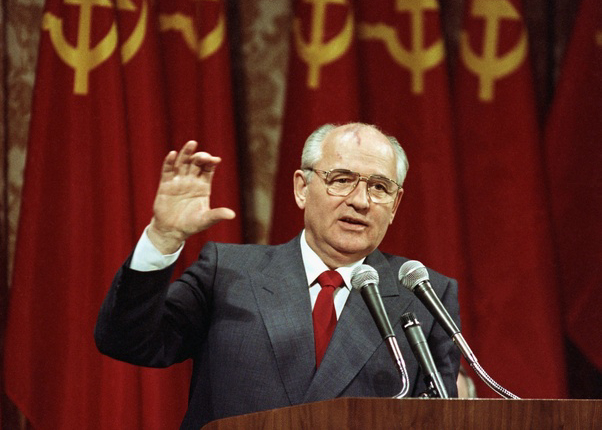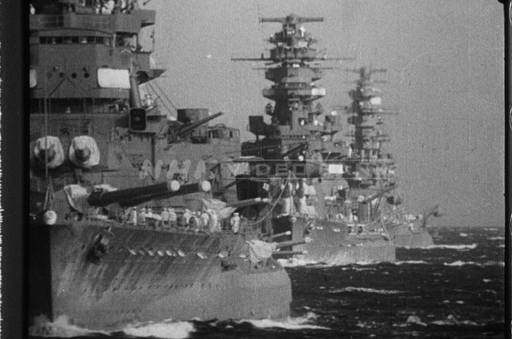

Is Boris Yeltsin the best president Russia ever had in its entire history?
Is Boris Yeltsin the best president Russia ever had in its entire history? Boris Yeltsin is a highly polarizing figure in Russian history, and opinions on his presidency vary significantly. Some view him as a crucial figure in Russia’s transition from the Soviet era, while others blame him for many of the country’s struggles during the 1990s. Here are some key aspects of Yeltsin’s presidency:
Positive Aspects:
End of the Soviet Union:
Yeltsin played a key role in the dissolution of the Soviet Union in 1991 and the establishment of the Russian Federation as an independent state. He stood up to the attempted coup by hardliners in August 1991, which was pivotal in the Soviet collapse.
Political and Economic Reforms:
Yeltsin introduced significant reforms to transition Russia from a centrally planned economy to a market-based one. This included the privatization of state enterprises and the creation of new political institutions.
Personal Freedoms:
Under Yeltsin, Russia saw a significant expansion in freedom of speech, the press, and civil liberties compared to the Soviet era. The government lifted many of the repressive policies that had existed during Soviet times.
Negative Aspects:
Economic Hardship:
The transition to a market economy was chaotic and led to widespread economic hardship for many Russians. Inflation skyrocketed, poverty increased, and there were large-scale layoffs. The privatization process also resulted in the rise of oligarchs who accumulated massive wealth, while many ordinary citizens struggled.
Corruption:
Corruption became rampant during Yeltsin’s time in office, with many believing that his administration oversaw or enabled the rise of the oligarch class.
Chechen Wars:
Yeltsin’s presidency included the First Chechen War (1994-1996), which was marked by brutal military actions and heavy civilian casualties. The war ended in a stalemate and a fragile peace that would be broken in later years.
Health and Leadership Issues:
Yeltsin’s health deteriorated during his presidency, and there were concerns about his fitness for office, particularly after several heart surgeries. His erratic behavior, including public appearances while seemingly under the influence of alcohol, led to criticisms of his leadership.
Comparison to Other Leaders:
- Vladimir Putin, Yeltsin’s successor, is often compared to him. Putin brought stability and economic recovery after the chaotic 1990s, which has led many Russians to view him more favorably than Yeltsin.
- Mikhail Gorbachev, the last Soviet leader, is also compared to Yeltsin. While Gorbachev initiated reforms that led to the collapse of the USSR, Yeltsin is seen as the one who dismantled the old system and created modern Russia.
- Historical Figures: Some may compare Yeltsin to figures like Peter the Great or Catherine the Great, who transformed Russia in other significant ways, though they operated in completely different eras.
In summary, while Yeltsin made significant contributions to shaping post-Soviet Russia, particularly in terms of democracy and market reforms, his legacy is tarnished by the economic chaos and corruption of the 1990s. Whether he is considered “the best” president in Russian history depends on one’s perspective on the trade-offs between political freedoms, economic stability, and leadership style.




